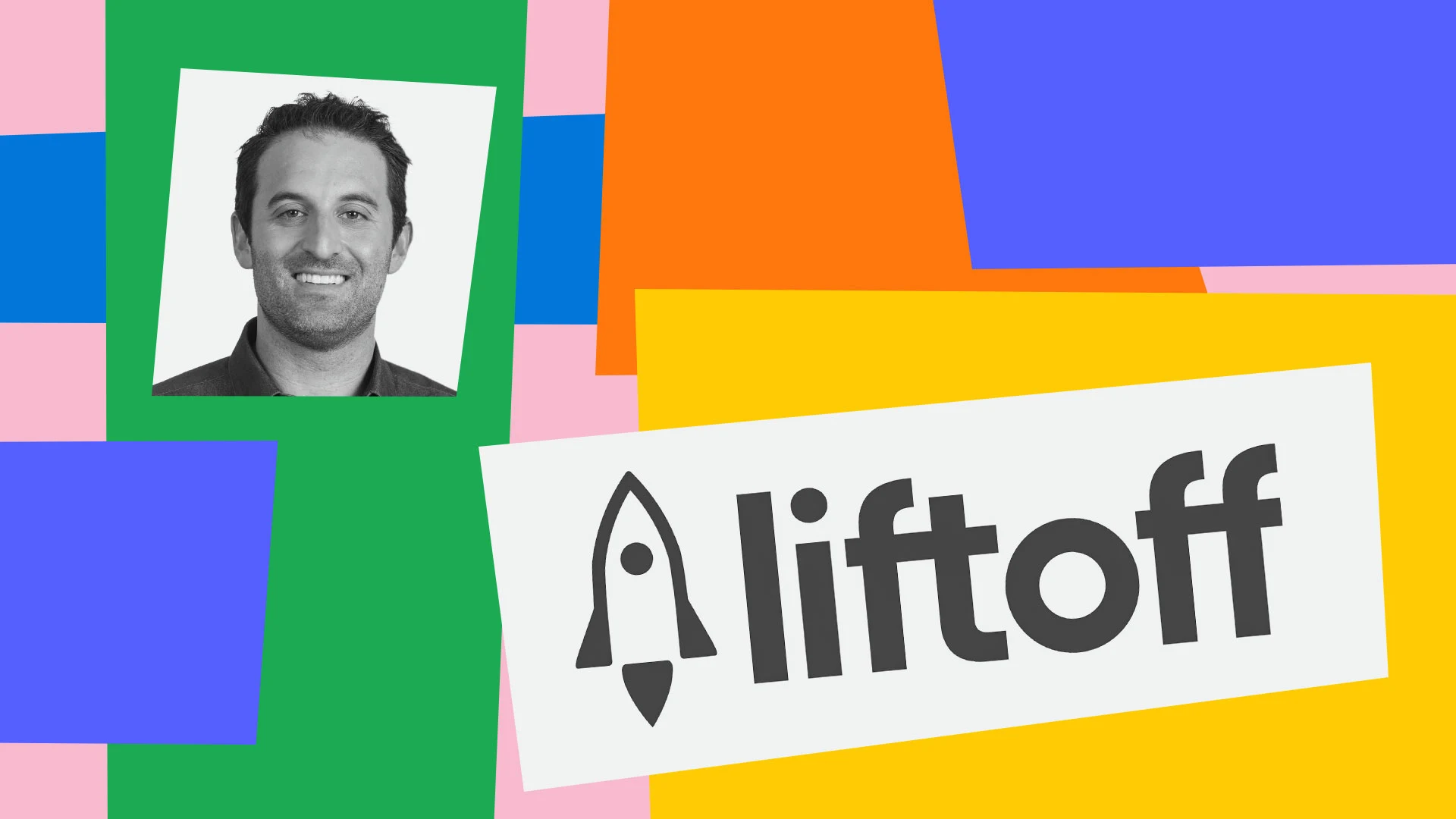#IPO
#IPO
[ follow ]
#spacex #valuation #xai #openai #starlink #anthropic #ai-infrastructure #starship #e-commerce #ai-chips
Artificial intelligence
fromTechCrunch
2 weeks agoFractal Analytics' muted IPO debut signals persistent AI fears in India | TechCrunch
Fractal Analytics' IPO debuted below its issue price, trimming its market valuation well below recent private-market highs amid investor caution in Indian software stocks.
Business
fromFortune
2 weeks agoorgent's IPO is 'bringing sexy back' to the electrical equipment helping power the AI boom, CEO says | Fortune
Forgent Power Solutions rapidly consolidated four legacy firms to supply bespoke electrical distribution equipment, capitalizing on AI-driven data center growth and expanding order backlog.
fromBusiness Insider
3 weeks agoJensen Huang says Nvidia would love to back an OpenAI IPO, and there's 'no drama' with Sam Altman
Huang said in an interview on CNBC's "Mad Money" on Tuesday that there was "no drama" between Nvidia and OpenAI CEO Sam Altman, pushing back against recent chatter of tension in the relationship between the two companies. "The first deal is on," the Nvidia CEO said, referring to the company's September deal with OpenAI, under which the company said it planned to invest up to $100 billion in the AI startup. "And then there's, of course, an IPO in the future," he added. "We love to be participating in that as well," he added. Huang also described OpenAI as a "once in a generation company" and said Nvidia is "delighted to invest in it."
Artificial intelligence
Startup companies
fromTechCrunch
1 month agoHow Sequoia-backed Ethos reached the public market while rivals fell short | TechCrunch
Ethos Technologies debuted on Nasdaq as an insurtech platform, raising about $200 million while selling fast, no-exam life policies via a three-sided software marketplace.
fromTechCrunch
1 month agoElon Musk's SpaceX and xAI in talks to merge, report says | TechCrunch
SpaceX and xAI, both companies led by Elon Musk, could merge ahead of a planned SpaceX IPO this year, according to a report from Reuters. This would bring products like the Grok chatbot, X platform, Starlink satellites, and SpaceX rockets together under one corporation. Company representatives have not discussed this possibility in public. However, recent filings show that two new corporate entities were established in Nevada on January 21, which are called K2 Merger Sub Inc. and K2 Merger Sub 2 LLC.
Tech industry
fromBusiness Insider
1 month agoGet ready for an adtech IPO rebound
Liftoff provides a software development kit that app developers install in their apps in order to sell advertising, and a product for advertisers that uses machine learning to help them target high-quality mobile users. It grew revenue by 30% year over year to $491 million in the nine months that ended September 30. The company reported $263.3 million in adjusted earnings - a 54% margin - and a net loss of $25.6 million in that period.
Marketing tech
from24/7 Wall St.
2 months agoThe Biggest IPO of the Year Prompts Huge Insider Buy
As the year winds down, many investors are positioning themselves for 2026 and beyond. Some insiders made big insider purchases while others might be out for the holidays. The year's largest initial public offering prompted a beneficial owner and others to buy into Medline Inc. ( NASDAQ: MDLN). A public offering of Kodiak Sciences Inc. ( NASDAQ: KOD) shares also tempted an insider, and a beneficial owner continues to build a big stake in W.R. Berkley Corp. ( NYSE: WRB).
Business
fromBusiness Insider
2 months agoElon Musk's Starlink is adding 20,000 new users a day as it hits 9 million customers
Moving at superspeed isn't limited to SpaceX's rockets. Elon Musk's satellite and rocket company has secured one million new customers for its Starlink internet in under seven weeks and is now active in 155 markets, the company wrote in a post on X on Monday evening. "Starlink is connecting more than 9M active customers with high-speed internet across 155 countries, territories, and many other markets," the company said.
US news
Business
fromFast Company
2 months agoMedline IPO: Stock price will be closely watched today as medical products company has biggest offering of 2025
Medline Inc., a large private medical-supply manufacturer, is launching a massive IPO that will dwarf other U.S. offerings after strong sales and private-equity-backed growth.
Business
fromFortune
2 months agoHow a Texas gas producer plans to exploit the 'mega trend' of power plants for AI hyperscalers | Fortune
BKV integrated natural gas production with power generation, building 1.5 GW capacity, securing hyperscaler demand and driving significant stock and market-value growth.
fromTechCrunch
2 months agoCould MrBeast IPO? His CEO wants fans to have 'a chance to be owners of the company' | TechCrunch
It's getting to the point where even if you don't have a child under the age of 15, you should know who MrBeast is. The North Carolinian Jimmy Donaldson's MrBeast channel has over 450 million YouTube subscribers - more than any other YouTube channel - making him arguably the most successful social media star ever. So it made sense when at the DealBook Summit, reporter Andrew Ross Sorkin asked MrBeast and Jeff Housenbold, CEO of Beast Industries, about going public. "You want to have an IPO at some point, I imagine," said Sorkin.
Venture
Business
fromFortune
3 months agoHedge fund billionaire Bill Ackman is reportedly readying Pershing Square and a new fund to go public as soon as early next year | Fortune
Bill Ackman plans a double public offering for Pershing Square and a new closed-end Pershing Square USA fund, potentially as early as 2026.
fromwww.bbc.com
3 months agoHow the viral Baby Shark video created a $400m business
When Kim Min-seok gave the go-ahead in June 2016 to publish a 90-second clip of a children's song, he had no idea what he was unleashing. It became a global phenomenon, clocking up more than 16 billion views - YouTube's most watched video ever. That song was the incredibly catchy Baby Shark. Not only has it captivated toddlers and terrorised adults around the world, it laid the foundations for its creator Pinkfong to become a media business worth hundreds of millions of dollars.
Media industry
fromTechCrunch
3 months agoPhysics Wallah enjoys a rosy IPO day, bucking the broader slowdown in Indian edtech | TechCrunch
Priced at ₹109, the company's shares climbed as high as ₹161.99 before closing at ₹156.49, valuing the seven-year-old company at ₹448 billion (around $5 billion). That's well above its listing valuation of ₹315 billion (approximately $3.6 billion), and roughly 79% higher than its last private valuation of $2.8 billion in September 2024. The strong IPO highlights the remarkable growth arc of Physics Wallah, which started off as a YouTube channel run by founder Alakh Pandey in 2016.
Startup companies
fromFortune
3 months agoAsian travel platform Klook is filing for a New York IPO | Fortune
Klook, a Hong Kong- and Singapore-based travel booking company, is filing for an initial public offering in New York, showing that despite the events of the past year, the U.S. remains a top listing destination for Asian companies. The company, founded in 2014 by Ethan Lin and Eric Gnock Fah, claims to be the largest experience booking platform in Asia by gross transaction volume, with 65 million experiences booked in the twelve months ending Sept. 30. In its IPO prospectus, Klook revealed that it generated $417.1 million in revenue in 2024, a 24% increase. Yet the company isn't profitable, losing $99.3 million last year.
Business
[ Load more ]


























